You are using an outdated browser. Please upgrade your browser or activate Google Chrome Frame to improve your experience.

How to Talk About Seasons in French
If you want to talk about the weather or time of year in French, knowing how to talk about the seasons is essential.
A season in French is translated as une saison , and there are four distinct seasons in France: le printemps (spring), l’été (summer), l’automne (autumn/fall) and l’hiver (winter).
Keep reading to find out how to talk about seasons in French, with the names of the seasons themselves, as well as plenty of season-related vocabulary!
The Basics: How to Say the Seasons in French
Vocabulary for l’hiver (winter).
- Vocabulary for Le Printemps (Spring)
Vocabulary for L’été (Summer)
Vocabulary for l’automne (fall), how to practice seasons in french, and one more thing....
Download: This blog post is available as a convenient and portable PDF that you can take anywhere. Click here to get a copy. (Download)
Below is a look at the names of the seasons in French:
To talk about the seasons themselves, use a direct article . For example:
L’hiver est froid. Winter is cold.
Ma saison préférée est l’automne. My favorite season is autumn.
On the other hand, using these seasons with the prepositions en or au gives them the meaning of “in the” or “during the.” These prepositions are useful if you want to talk about things that happen during a certain season:
Note that printemps is the only season to take au (literally translated as “to the”). The other three seasons all take en (in):
Les canards reviennent au printemps. The ducks return in the spring.
J’irai en Europe en été. I will go to Europe in the summer.
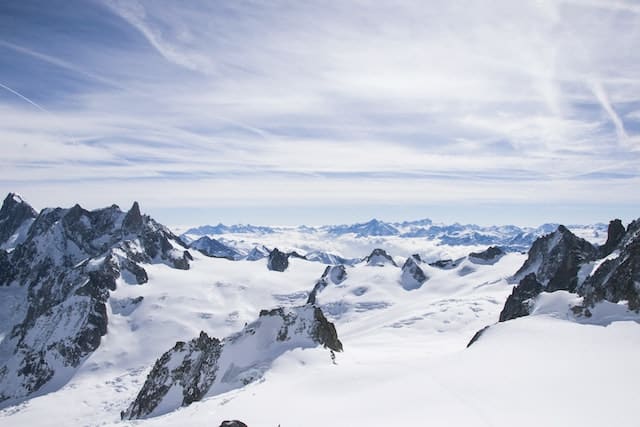
L’hiver in France typically consists of the months of janvier , février and mars (January, February and March). This time of year is characterized by cooler weather and even snow in the northern or mountainous regions of the country.
Let’s check out some common vocabulary associated with l’hiver.
To see these words in action, let’s use a couple of them in a few example sentences:
En hiver, je porte mes gants, mon chapeau et mon manteau. Il fait froid et il y a beaucoup de neige. Je fais du ski et du snowboard.
During the winter, I wear my gloves, my hat and my coat. It is cold, and there is a lot of snow. I ski and snowboard.
Vocabulary for L e Printemps (Spring)
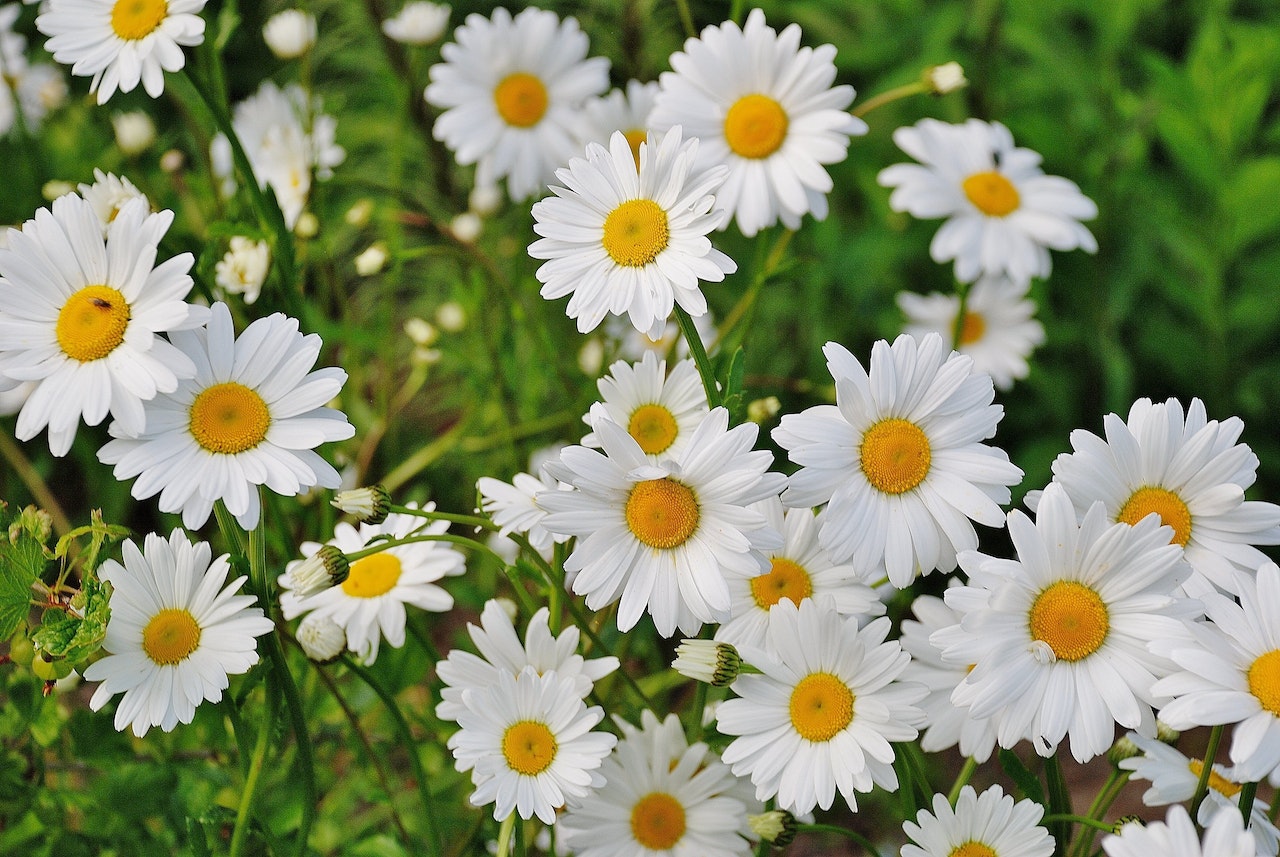
Le printemps typically consists of the months of avril , mai and juin (April, May and June). This is the time of year when the weather starts to warm up and plants begin to grow again, filling the landscape with green trees and beautiful flowers.
Here’s some common vocabulary associated with le printemps:
Now let’s use a couple of these words in a sample paragraph:
Au printemps, les oiseaux retournent du sud. Il fait frais et il y a beaucoup de pluie. Je porte un imperméable et j’adore toutes les fleurs.
During the spring, the birds return from the south. It is cool, and there is a lot of rain. I wear a raincoat, and I love all the flowers.
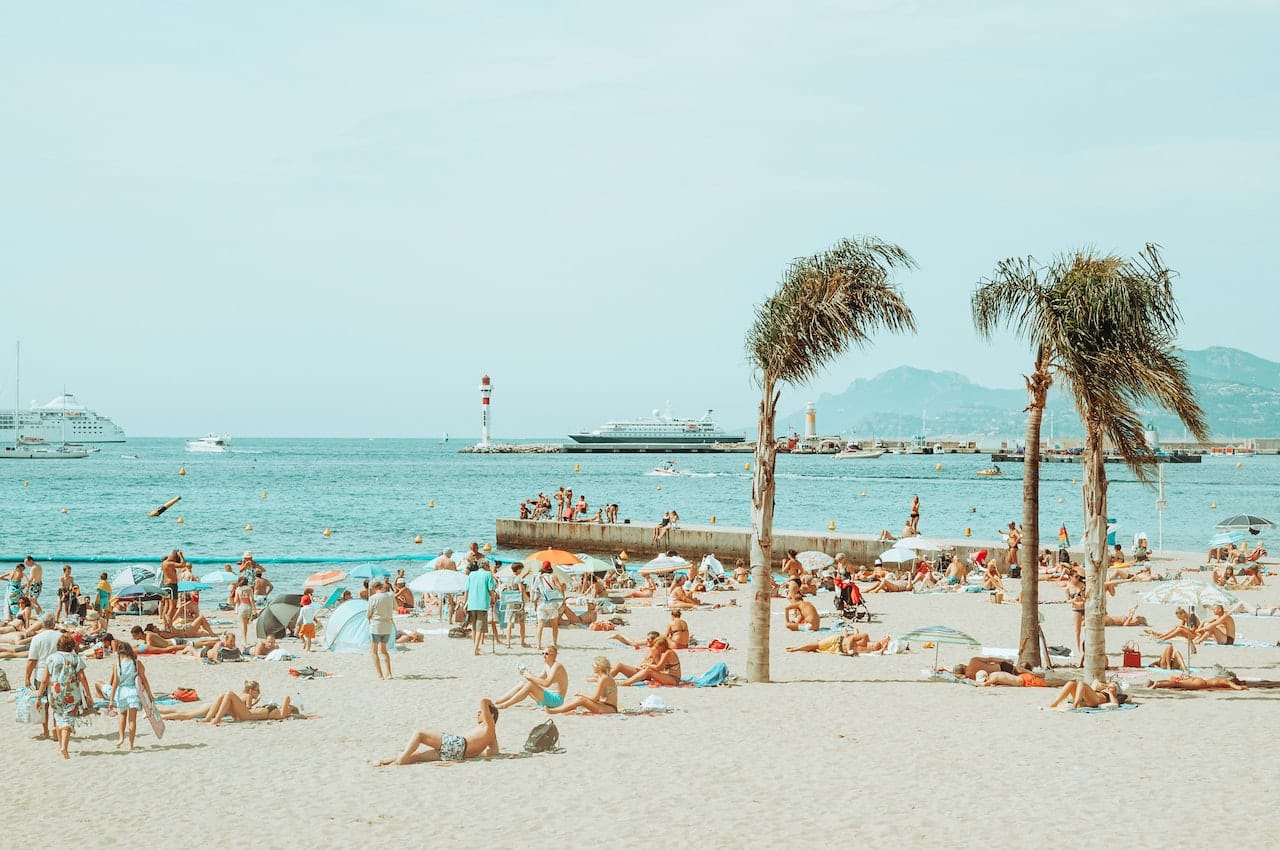
L’été typically consists of the months of juillet , août and septembre (July, August and September). Like in North America, l’été is the hottest time of the year. As such, students are often on summer holidays, and people are social with lots of outdoor activities and parties.
Let’s look at some common vocabulary to celebrate l’été:
Now, let’s set the scene for a hot and relaxing summer day:
En été, je vais souvent à la plage. Je porte mon maillot de bain, mes tongs et mes lunettes de soleil. J’aime nager et manger de la pastèque.
During the summer, I often go to the beach. I wear my swimsuit, my flip-flops and my sunglasses. I like to swim and eat watermelon.
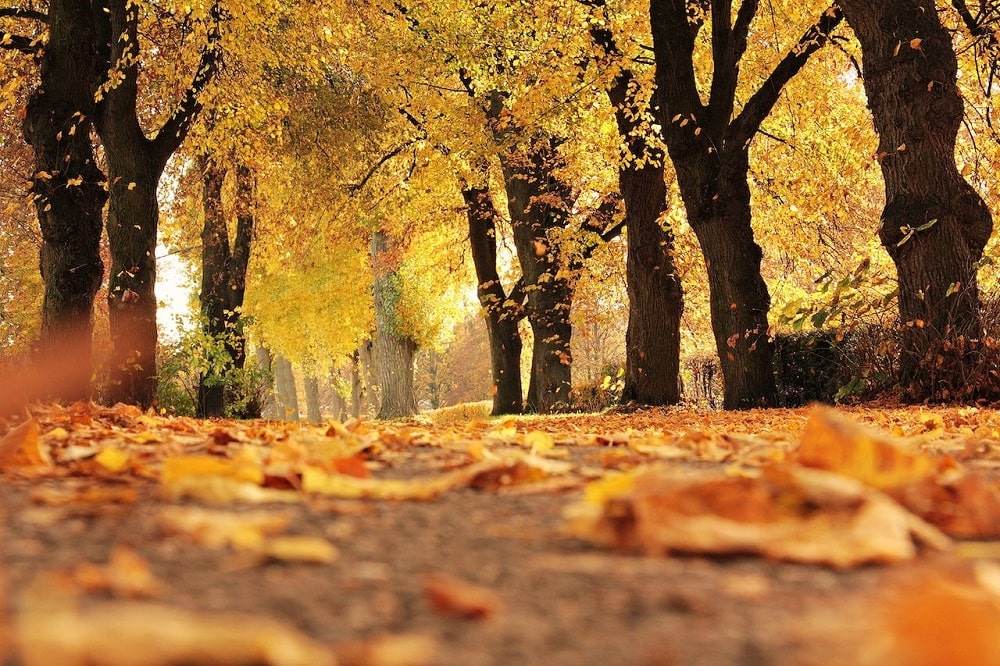
L’automne typically consists of the months of octobre , novembre and décembre (October, November and December). During this time of year, the leaves on the trees begin to change colors and fall, and the weather becomes cool again.
Some common vocabulary associated with l’automne is:
During the autumn, you might say the following:
En automne, on voit le changement de couleur des feuilles. Je mange la tarte aux pommes et du maïs. Je porte un coupe-vent et je taille une citrouille.
During the autumn, we see the changing of the leaves. I eat an apple pie and some corn. I wear a windbreaker, and I carve a pumpkin.
FluentU takes authentic videos—like music videos, movie trailers, news and inspiring talks—and turns them into personalized language learning lessons.
You can try FluentU for free for 2 weeks. Check out the website or download the iOS app or Android app.
P.S. Click here to take advantage of our current sale! (Expires at the end of this month.)

Try FluentU for FREE!
Here are some of the best practice resources available around the web:
- To practice the months of the year in French, check out this interactive quiz from Digital Dialects .
- Take this test with French Circles to practice seasons in French and their corresponding weather words. French Circles also offers a reading and video related to the seasons in French , plus digital flashcards for extra practice.
- Sporcle offers a straightforward quiz that tests you on weather conditions and seasons in French . Simply translate the English word or expression into French before the timer runs out.
A good base of French vocabulary is always in season. Now go forth and use your newly-acquired vocabulary to talk about any season in French!
FluentU has a wide variety of great content, like interviews, documentary excerpts and web series, as you can see here:

FluentU brings native French videos with reach. With interactive captions, you can tap on any word to see an image, definition and useful examples.

For example, if you tap on the word "crois," you'll see this:

Practice and reinforce all the vocabulary you've learned in a given video with learn mode. Swipe left or right to see more examples for the word you’re learning, and play the mini-games found in our dynamic flashcards, like "fill in the blank."

All throughout, FluentU tracks the vocabulary that you’re learning and uses this information to give you a totally personalized experience. It gives you extra practice with difficult words—and reminds you when it’s time to review what you’ve learned.
Start using the FluentU website on your computer or tablet or, better yet, download the FluentU app from the iTunes or Google Play store. Click here to take advantage of our current sale! (Expires at the end of this month.)
Related posts:


13 Best Resources to Find Free French Lessons Online in 2024

10 Short Classic French Poems with English Translations [Plus Audio]
Reply to this review cancel.
Thanks for choosing to leave a comment. Please keep in mind that all comments are moderated according to our comment policy , and your email address will NOT be published. Please Do NOT use keywords in the name field. Let's have a personal and meaningful conversation.
Recent Articles

The French Conditional Mood: Usage, Formation and Tips

The French “R”: 3 Ways to Nail Pronunciation
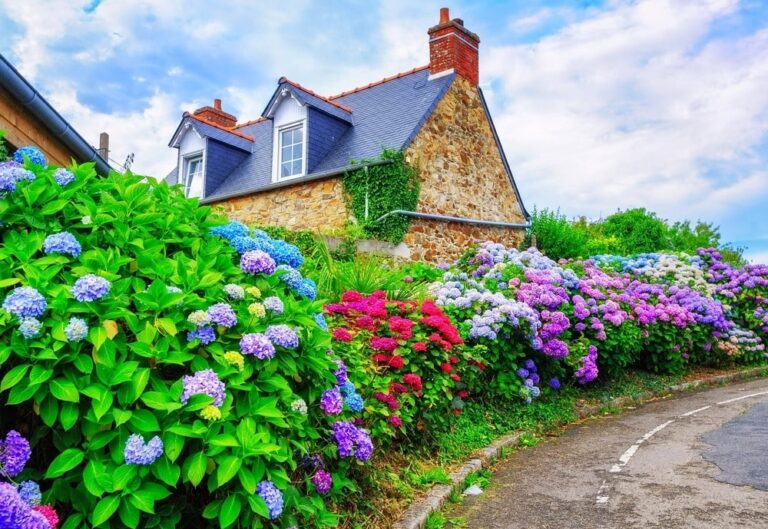
The Colors in French: Pronunciation and Expressions
Enter your e-mail address to get your free pdf.
We hate SPAM and promise to keep your email address safe


IMAGES
VIDEO